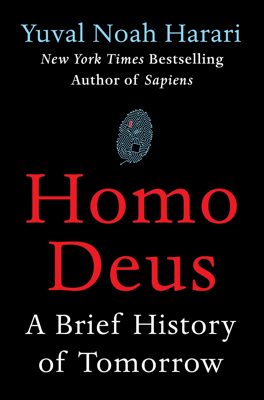The Modern Covenant
The Modern Covenant and Societal Evolution
Modernity is defined as a complex agreement, a sort of unwritten contract that governs our lives, regulating everything from our food and jobs to how and where we love or die. This modern contract can be boiled down to an exchange of meaning for power. Throughout history, various cultures have conceived of human existence as playing a part in a larger cosmic plan, which provided life with meaning but restricted human power and autonomy.
Shift from Cosmic Plan to Human Authority
In premodern times, cultures believed in a predetermined cosmic script authored by gods or natural laws, confining their potential for change and creating a world where human acts, even those seemingly inconsequential, were imbued with profound significance. This belief system promised order and reassurance in face of disasters by suggesting they were part of a divine narrative with a supposed 'happy ending'.
In stark contrast, the modern worldview refutes the existence of any grand cosmic plan, presenting life as random and inherently purposeless. It argues that without a divine screenplay, humans are free to shape their destiny, suggesting that any power, once unattainable, could now be within human grasp if technical challenges are overcome. Thus, modernity trades the comforting illusions of purpose and meaning for raw, unchecked power and potential.
Economic Growth as a Central Modern Dogma
Economic growth has been established as a central tenet of modern life. The idea of perpetual growth was enabled by shifting trust relationships in society, which was closely tied to the expansion of credit markets. This marked a substantial evolution from earlier economic models which saw zero-sum games in resources and stagnation as natural states. Modern economic practices, powered by a growing trust in future gains, have enabled unprecedented levels of production and technological advancement.
Yet, this obsessive pursuit of growth is not without problems. It has forsaken traditional values like social equality and environmental concerns for market-driven capitalist ideologies that prioritize economic indicators above all else. Moreover, modern capitalism, through its sanctification of greed and constant need for more, has inherently disrupted long-standing social and ecological equilibriums.
Technological and Ethical Modern Challenges
The chapter also delves into the ethical quandaries and potential ecological crises that the relentless pursuit of growth could precipitate. It posits that while modern economies could theoretically innovate endlessly, thereby averting resource scarcity through new technologies, the resultant ecological destabilization could prove catastrophic.
In conclusion, the modern covenant of exchanging meaning for power has led humanity into a new age of unprecedented potential and peril. As control over external adversity increases through technological progress, internal questions about the direction of such progress and the sustainability of growth-focused models continue to cast long shadows on future pathways.
